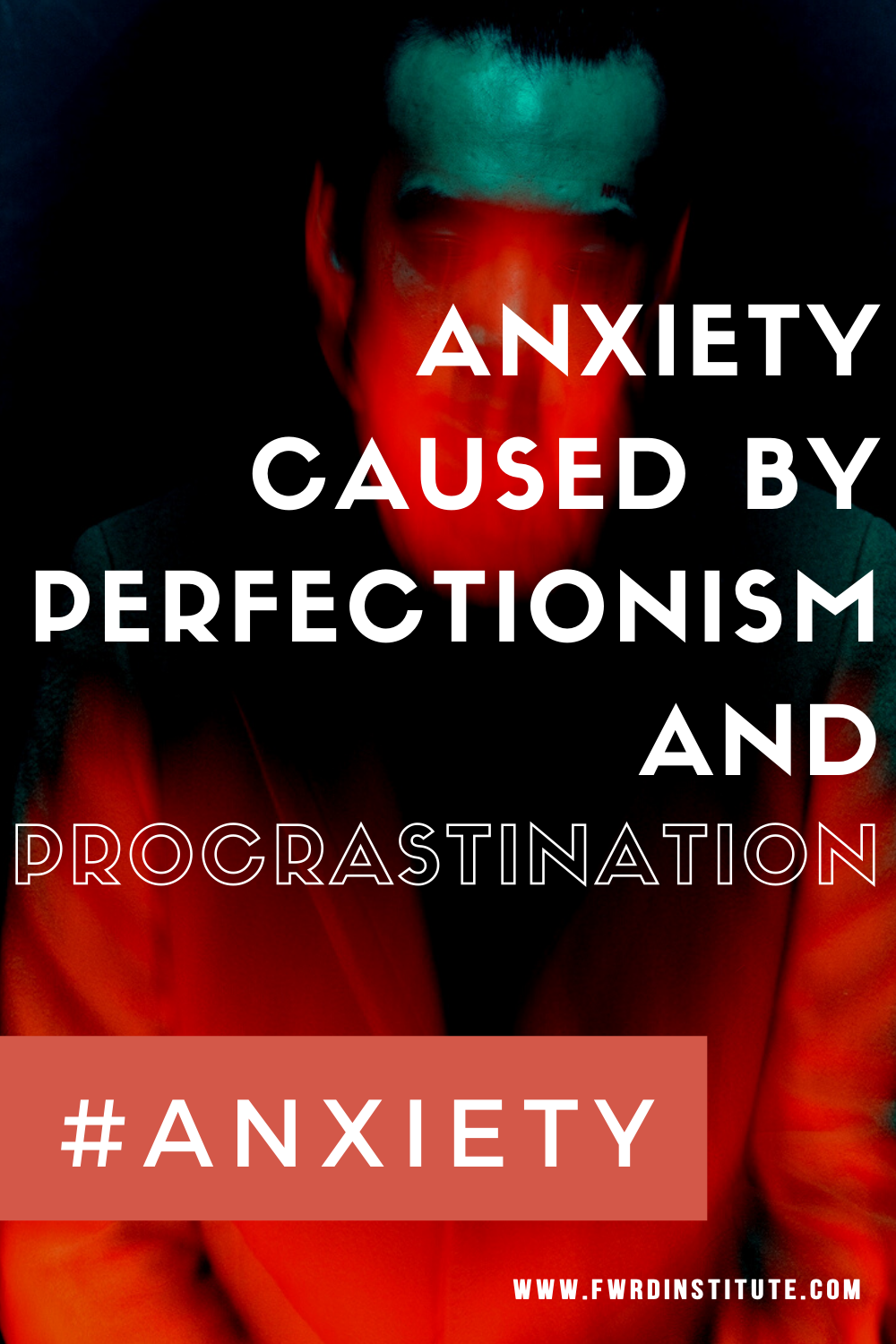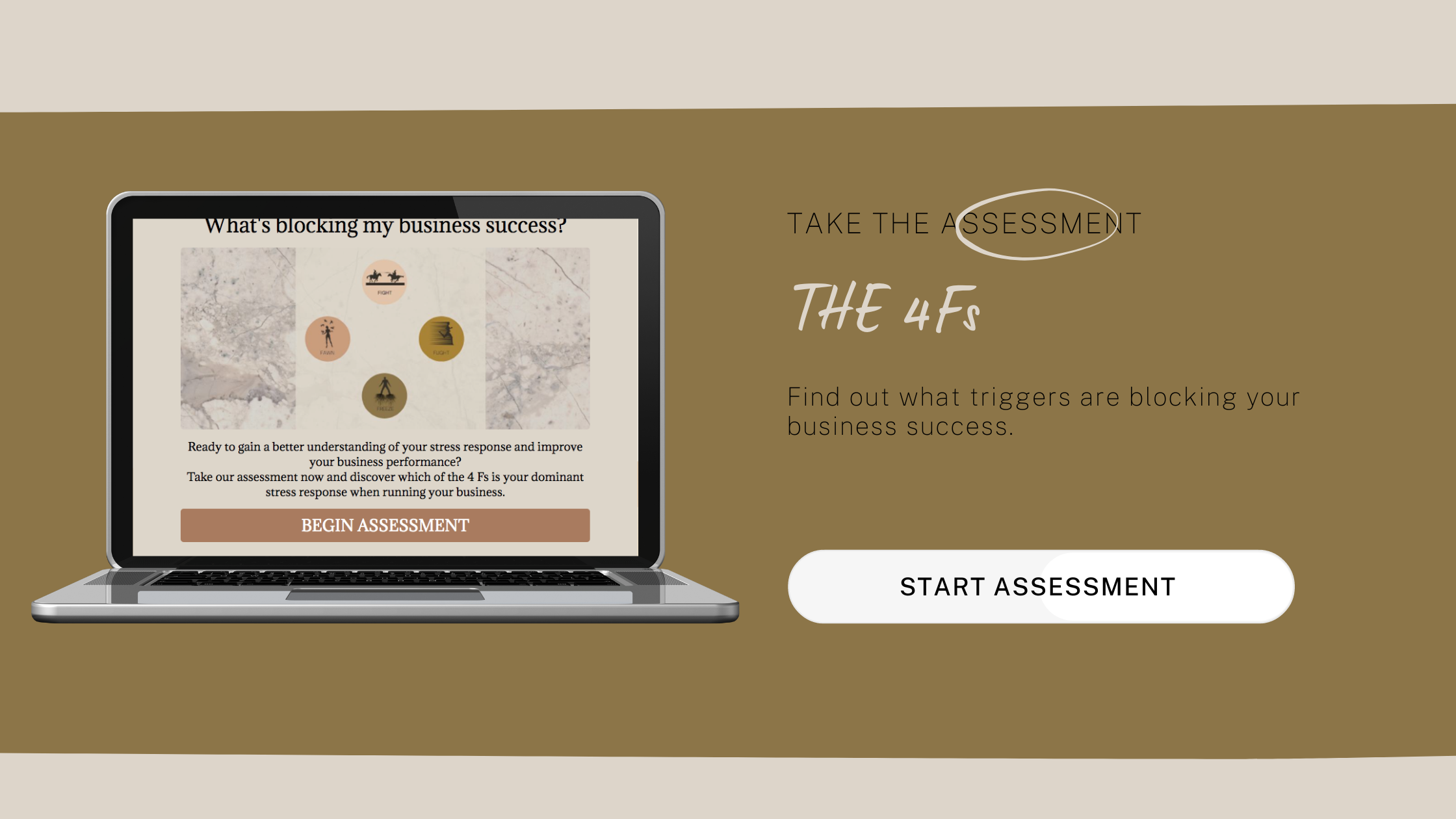Could Your Anxiety Be a Result of Perfectionism & Procrastination?

We’ve talked quite a bit about the perfectionism and procrastination cycle. This tendency to want to do things perfectly often leads you to putting off important tasks. There are a number of repercussions to this cycle. One of the most damaging is anxiety. This emotion may be a contributor to the initial desire to be perfect. It can also become a result of the guilt associated with procrastinating. There’s a very complex relationship between these three concepts. Let’s explore whether your anxiety could be a result of perfectionism and procrastination or even the cause.
Anxiety and Perfectionism
We’ve already covered the fact that perfectionism has a variety of causes. Yours will be different than someone else’s. The alleviation of anxiety is definitely something that is frequently experienced by many. You may hope that doing everything just right will keep you from feeling the anxiety that’s plaguing you. Perfection is a lovely goal. It’s simply not a very realistic one. When you fail to meet your unrealistic expectations, your anxiety is likely to increase.
Examining Your Anxiety
People with anxiety tend to be high achievers, as well as perfectionists. You may not even be aware of your anxiety. You probably just think setting impossibly high standards for yourself and then stressing out about meeting them is part of your personality. However, if you dig a little deeper, you may find some patterns. Knowing the roots of your anxiety and understanding how anxiety manifests within your life can help you to tackle it and break the cycle of perfectionism and procrastination.
How to Stop the Cycle
In order to find the source of your anxiety, you’ll want to pay attention to your critical thoughts. Write them down and look for patterns that might explain your reasons for being anxious and striving for perfectionism. Next, try to find more realistic alternatives to your self-criticism. How can you counter those thoughts with a gentler approach? Simply re-phrasing these critical statements can lessen your anxiety and help you to understand you don’t have to be perfect. Make sure your goals are realistic and break them down into actionable chunks. You’ll gain confidence and lessen anxiety with each step you complete. Finally, start to become comfortable with discomfort. Accepting good enough is essential to breaking your cycle of perfectionism, procrastination, and anxiety.
Once you begin to understand the role that anxiety plays in this loop, you can begin to address it. Keep the tips discovered here in mind the next time you find yourself falling into a downward spiral. You truly can put the brakes on your anxiety, perfectionism, and procrastination with practice.
Need help figuring out how business stress impacts you?
Take our Business Stress Assessment







